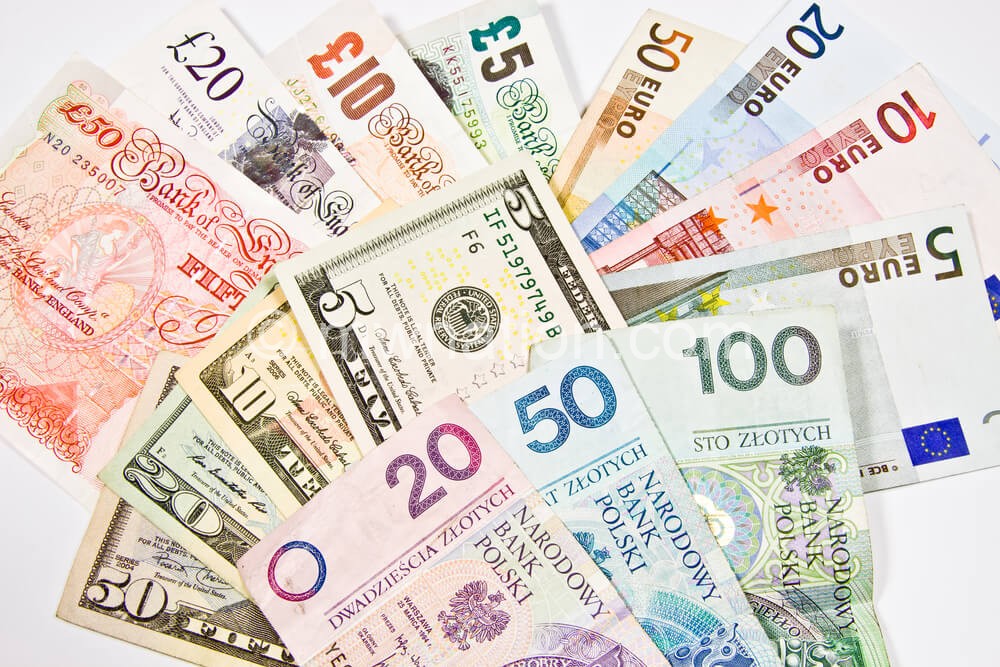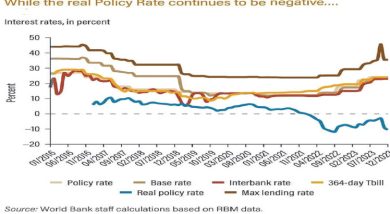World bank raises red flag on forex scarcity
The World Bank says severe and persistent shortages of foreign exchange (forex) continue to subdue growth and threaten efforts to mitigate the prevailing high levels of poverty.
In its recent economic analysis, the bank said although growth is projected to increase in 2023 to 1.6 percent as electricity supply improves, compared to 0.9 percent in 2022, external imbalances impede more rapid economic growth.

Said the World Bank: “Exports as a share of gross domestic product have been declining over decades, driven by weak demand for tobacco and an overvalued exchange rate which has resulted in low foreign exchange reserves and a rising spread between theofficial and parallel rates.
“The imbalance has made foreign exchange scarce, in turn constraining productive imports, including machinery and fuel for production.”
This is in the face of low agricultural productivity and limited commercialisation which have resulted in stagnant growth in incomes for the majority of Malawians, according to the bank.
Malawi’s trade balance has widened by 20 percent between July and August this year, largely on account of fewer exports amid rising imports, according to published Reserve Bank of Malawi (RBM) data.
The RBM data shows that the trade balance widened to $187.9 million (K206.1 billion) from a deficit of $161 million (K171.7 billion) recorded in July.
Ironically, during the period under review, RBM data shows that the official forex reserves for August 2023 decreased to $239.56 million (0.96) months’ worth of import cover from $267.91 million (1.07 months of import cover) in July 2023.
Meanwhile, the kwacha is trading at an average of K1 180 in authorised dealer banks against the K1 800 daily foreign exchange bureau rate published by the RBM.
On the parallel market, the kwacha is now trading at an average of K1 900 to the dollar, further widening the existing gap that was there between the official and parallel market rates to an average of K700.
Earlier, Financial Market Dealers Association of Malawi (Fimda) urged RBM to close gaps in the foreign exchange market to ensure that the little forex the country generates finds its way into the formal foreign exchange market.
The call by Fimda followed an RBM notice suspending the sale of cash export proceeds to foreign exchange bureaux, effectively barring people who get foreign currency directly from exporters from exchanging it with the kwacha in the bureaux.
Fimda president Leslie Fatch said: “such a decision helps to close some of the loopholes on the repatriation of export proceeds which will now be channelled through wire transfers, thereby ensuring the country receives proceeds from the export of goods and services.”
RBM re-introduced the customs declaration forms to monitor forex flows on May 17 this year to ensure that all export earnings are repatriated into Malawi.
Meanwhile, the country is expected to secure a staff-level agreement with the International Monetary Fund and return to an Extended Credit Facility by the end of 2023.






Que vous souhaitiez améliorer votre référencement, augmenter la conversion des visiteurs de votre site web en clients, ou simplement renforcer votre présence sur les médias sociaux, l’Agence PASEO® a tout ce qu’il vous faut.